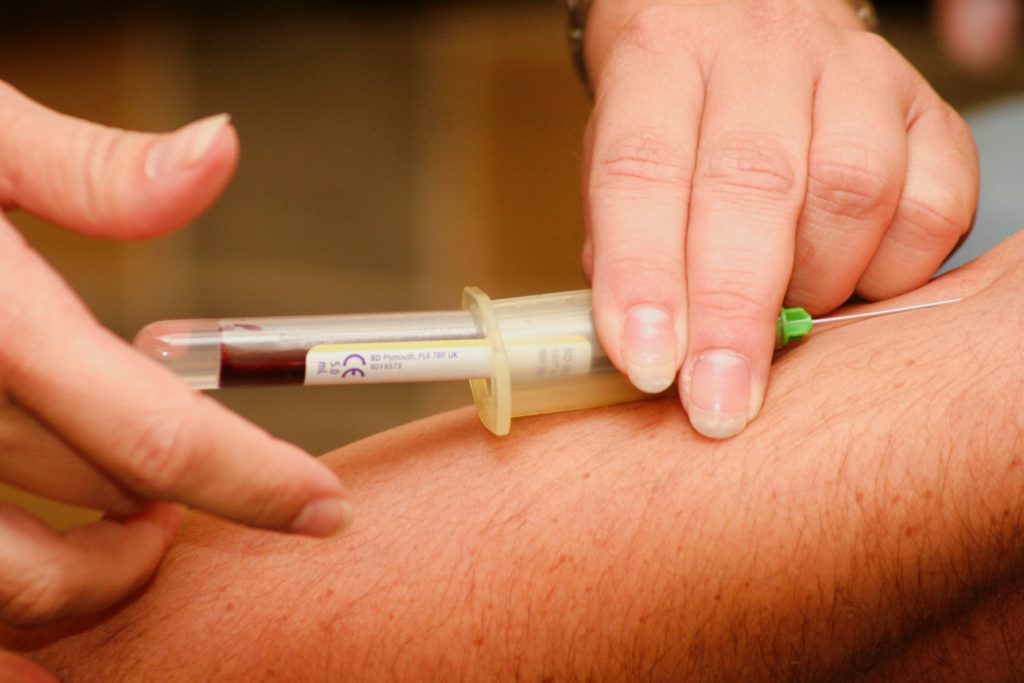Dyslipidemia is a condition that affects the lipid levels in your blood. It can lead to a number of health problems, including heart disease and stroke. If you are concerned that you may have dyslipidemia, it is important to talk to your doctor and ask the right questions. In this article, we will discuss 10 questions you should be asking about dyslipidemia.
Here are 10 questions you should be asking about dyslipidemia:
What Is Dyslipidemia?
Dyslipidemia is a disorder in which the blood has abnormally high quantities of lipids. Lipids are a type of fat that includes cholesterol and triglycerides. Dyslipidemia can be caused by a number of factors, including diet, genetics, and certain medical conditions. Any lipid parameter, including LDL cholesterol levels, HDL cholesterol levels, triglycerides, or a mix of these lipids, might be affected by dyslipidemias. It can also lead to premature cardiovascular disease.
Are There Different Types Of Dyslipidemia?
There are two main types of dyslipidemia: hyperlipidemia and hypolipidemia. Hyperlipidemia is when there are too high levels of lipids in the blood. Hypolipidemia is when there are too low levels of lipids in the blood.

What Are Blood Lipids?
Blood lipids are a type of fat that includes cholesterol and triglycerides. Cholesterol is a waxy substance that is found in all cells of the body. Triglycerides are a type of fat that is found in the blood.
What Is Cholesterol?
Cholesterol is a waxy substance that is found in all cells of the body. It is used to make hormones and cell membranes. Total cholesterol can be found in food, but it is also made by the liver.
Is Dyslipidemia A Factor In Diabetes?
Dyslipidemia is a common complication of diabetes. It occurs when there are abnormal levels of lipids in the blood. People with diabetes are at an increased risk of developing dyslipidemia.
Do Genetic Disorders Cause Increased Cholesterol Levels?
There are a number of genetic disorders that can cause increased cholesterol levels. These disorders include familial hypercholesterolemia and familial combined hyperlipidemia.
Can Children Have Dyslipidemia?
Dyslipidemia is not common in children, but it can occur. Children with dyslipidemia may have a family history of the condition or other risk factors.
Does Stress Cause Dyslipidemia?
Stress does not cause dyslipidemia, but it can be a factor in the development of the condition. Stress can increase the levels of lipids in the blood and make it more difficult to control dyslipidemia.
Are There Any Signs Of Dyslipidemia?
The most common sign of dyslipidemia is an abnormal lipid profile. This can be detected with a blood test. Other signs of dyslipidemia include cardiovascular risk, stroke, and diabetes.
Are There Other Conditions Where Dyslipidemia Can Occur?
Dyslipidemia can occur in other conditions, such as obesity, liver disease, and kidney disease. It is also a common complication of diabetes.
What Are The Treatments For Dyslipidemia?
The most common treatment for dyslipidemia is lifestyle changes. This includes eating a healthy diet, exercising regularly, and losing weight if you are overweight. Medications can also be used to treat dyslipidemia. These include statins, fibrates, and niacin. If you have dyslipidemia, it is important to talk to your doctor about the best treatment for you.
Causes Of Dyslipidemia
Causes of dyslipidemia include genetics, diet, and certain medical conditions. It is now recommended that all otherwise healthy children without a family history of high cholesterol or early coronary artery disease have their blood cholesterol levels checked once. Drinking a lot of alcohol and eating foods that have a lot of saturated fats or trans fats also lead to dyslipidemia. VLDL (very low-density lipoprotein) is also known as “bad” lipoprotein because it transports triglycerides that contribute to arterial plaque formation.
Symptoms Of Untreated Dyslipidemia
Symptoms of untreated dyslipidemia can include:
- Heart disease
- Stroke
- Diabetes
- Obesity
- Liver disease
- Chronic Kidney disease
Treatment for dyslipidemia can include:
- Lifestyle changes such as diet and exercise
- Medications such as statins, fibrates, and niacin
If you think you may have dyslipidemia, it is important to talk to your doctor. Dyslipidemia can lead to serious health problems if it is not treated. Asking your doctor the right questions can help you get the treatment you need.

Diagnosis Of Untreated Dyslipidemia
The most common sign of dyslipidemia is an abnormal lipid profile. This can be detected with a blood test. Other signs of dyslipidemia include heart disease, stroke, and diabetes. If you think you may have dyslipidemia, it is important to talk to your doctor. Dyslipidemia can lead to serious health problems if it is not treated. A doctor will also check your family history to calculate your 10-year Atherosclerotic Cardiovascular Disease (ASCVD) Risk Score. Asking your doctor the right questions can help you get the treatment you need.
Risks Of Untreated Dyslipidemia
If left untreated, dyslipidemia can lead to a number of serious health problems, including heart disease and stroke. People with dyslipidemia are at an increased risk of developing these conditions. Dyslipidemia can also cause other problems, such as diabetes and obesity. If you have dyslipidemia, it is important to talk to your doctor about the best treatment for you.
Prevention Of Dyslipidemia
There are a number of things you can do to prevent dyslipidemia. These include eating a healthy diet, exercising regularly, and losing weight if you are overweight. You can also talk to your doctor about taking medications to help prevent dyslipidemia. If you have dyslipidemia, it is important to talk to your doctor about the best treatment for you.
Dyslipidemia is a common complication of diabetes. It occurs when there are abnormal levels of lipids in the blood. People with diabetes are at an increased risk of developing dyslipidemia. Dyslipidemia can lead to serious health problems if it is not treated. Asking your doctor the right questions can help you get the treatment you need.
Final Words
Dyslipidemia is a common complication of diabetes. It occurs when there are abnormal levels of lipids in the blood. People with diabetes are at an increased risk of developing dyslipidemia.
Dyslipidemia can lead to a number of serious health problems, including heart disease and stroke. If left untreated, dyslipidemia can cause other problems, such as diabetes and obesity.
If you have dyslipidemia, it is important to talk to your doctor about the best treatment for you. Treatment for dyslipidemia can include lifestyle changes and medications. Making lifestyle changes such as eating a healthy diet and exercising regularly can help prevent dyslipidemia. With the right treatment, you can live a healthy life.
Articles You Might Enjoy Reading



